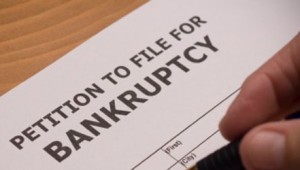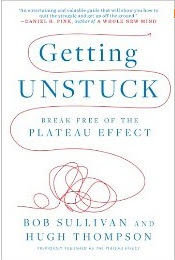 Today’s top story: Careers that can help you conquer your student debt faster. Also in the news: What a good credit card company will offer people with bad credit, how to pay for bankruptcy when you’re broke, and five apps that automate your money.
Today’s top story: Careers that can help you conquer your student debt faster. Also in the news: What a good credit card company will offer people with bad credit, how to pay for bankruptcy when you’re broke, and five apps that automate your money.
Some Careers Can Help You Conquer Student Debt Faster
Kissing your student debts goodbye.
4 Things a Good Credit Card Issuer Will Offer People With Bad Credit
Getting on the path to better credit.
How to Pay for Bankruptcy When You’re Broke
A classic Catch .22
5 apps that automate your money and make you richer
Building your savings a few cents at a time.

